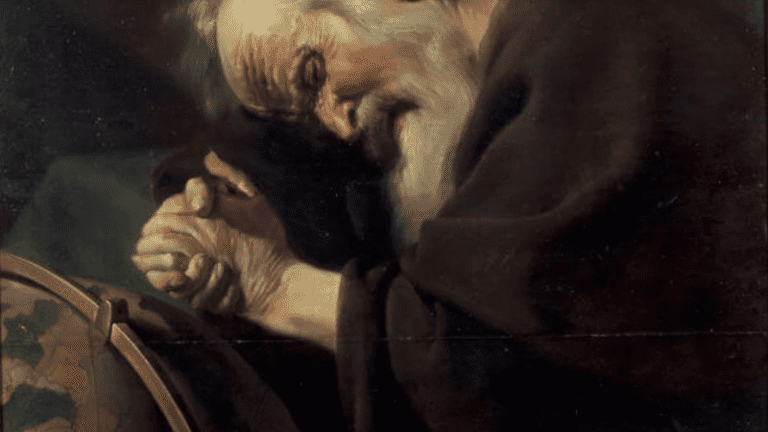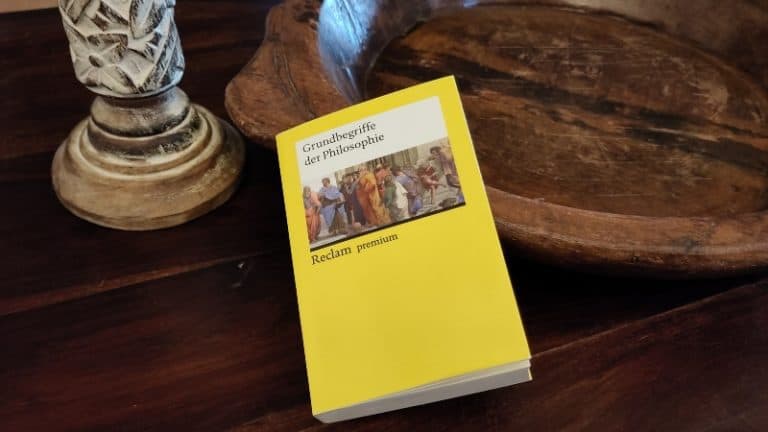Heraclitus and Hegel: philosophical similarities
Few threads in the vast tapestry of philosophical thought are as dynamically woven as those of Heraclitus and Hegel. Both philosophers delved deeply into the nature of reality and put forward theories that emphasized change, flux and movement. Although they lived centuries apart, their ideas have endured over time and continue to shape our lives.










